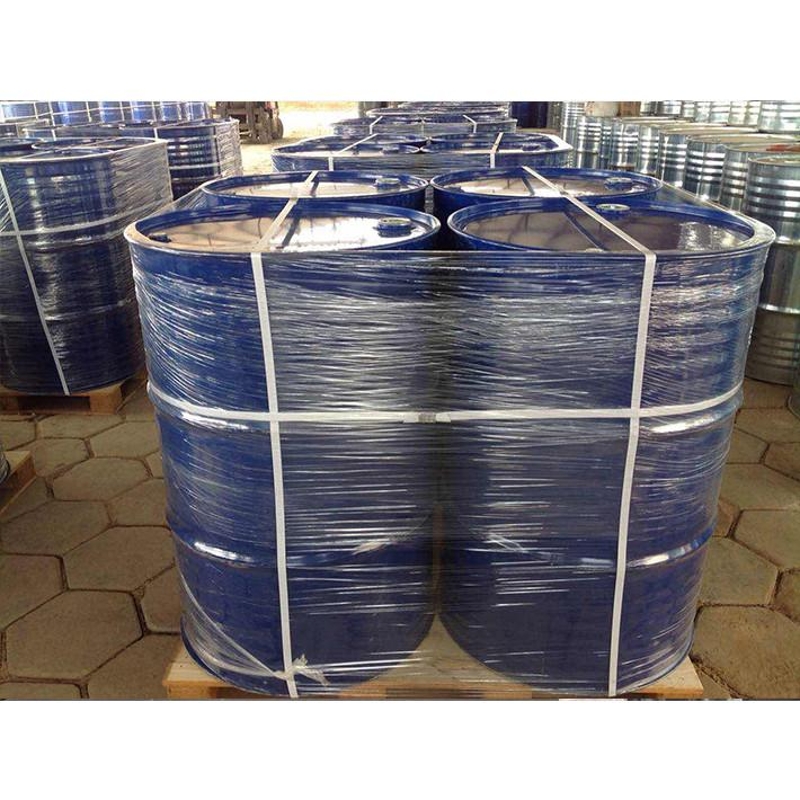-
Categories
-
Pharmaceutical Intermediates
-
Active Pharmaceutical Ingredients
-
Food Additives
- Industrial Coatings
- Agrochemicals
- Dyes and Pigments
- Surfactant
- Flavors and Fragrances
- Chemical Reagents
- Catalyst and Auxiliary
- Natural Products
- Inorganic Chemistry
-
Organic Chemistry
-
Biochemical Engineering
- Analytical Chemistry
-
Cosmetic Ingredient
- Water Treatment Chemical
-
Pharmaceutical Intermediates
Promotion
ECHEMI Mall
Wholesale
Weekly Price
Exhibition
News
-
Trade Service
The ban on fishing in the Yangtze River is related to the survival and development of more than 230,000 fishermen——
Is the livelihood of the fishermen returning from the catch safe?
Overall, the 10 provinces (cities) along the Yangtze River have completed the task of returning fishing boats and fishermen in key waters of the Yangtze River Basin, and the resettlement and security work of the returning fishermen is progressing in an orderly manner
On November 3, the Ministry of Agriculture and Rural Affairs issued the "Opinions on Strengthening Employment Assistance for Fishermen in the Agricultural and Rural Fields of the Yangtze River" for the special class on banning and returning fishing in the Yangtze River
The ban on fishing in the Yangtze River is related to the livelihood of more than 230,000 fishermen.
Experts believe that efforts should be made to increase social security for fishermen who have returned from fishing and to switch to employment, capacity building for grass-roots fishery law enforcement, and the implementation of local supporting funds
Implement social security—
Let the returning fishermen "have a good life"
Doing a good job in ensuring the livelihood of fishermen is directly related to whether the ban on fishing can be continued and whether the fishing area can be stabilized
Ma'anshan is the city with the largest number of fishermen returning from fishing along the Yangtze River in Anhui Province.
The reporter found in previous interviews in many places that the majority of fishermen have feelings for the Yangtze River fishery and are willing to contribute to the protection of the Yangtze River
The good news is that, in accordance with the guidance of the Ministry of Finance and the Ministry of Human Resources and Social Security, areas where conditions permit are rushing to introduce specific policies and measures to incorporate returning fishermen into social security with reference to the standards of land-expropriated farmers, and strive to make the social security of returning fishermen reach the flexibility of local cities and towns.
Experts suggest that, in view of the situation where there are many fishermen returning from fishing and financial pressure in some places, the relevant areas can adopt a year-by-year subsidy method in terms of social security subsidies to ease the financial pressure
Promoting the transfer of production -
Let the fishermen of the Yangtze River "hold their rice bowls"
After the ban on fishing, fishermen of the right age in the Yangtze River will take up new jobs, which is also a great change in the way of production
According to statistics from the Ministry of Economics and Social Security, as of October 23, 119,481 people have been transferred to jobs in various places through the development of industries, employment, self-employment, and arrangement of public welfare jobs, accounting for 94.
Han Changfu, Minister of Agriculture and Rural Affairs, said that more than half of the fishermen who have returned from fishing are over 50 years old, and 80% have only a junior high school degree or below, and they face many difficulties in changing jobs and reemployment
Assisting in patrolling and turning fishing into fish protection is not only an innovation in the protection of aquatic organisms in the Yangtze River, but also a way to relocate fishermen to employment
The advantage of fishermen in the Yangtze River is that they are familiar with fish.
Make up for the shortcomings -
Enriching the Yangtze River Fishery Administration and Law Enforcement
Since July 1, the Ministry of Agriculture and Rural Affairs, together with the Ministry of Public Security, the State Administration of Market Supervision and other departments, has launched a one-year special campaign against illegal fishing and sales of illegally caught fish in the Yangtze River Basin, which has achieved phased results
"We will strengthen the construction of grass-roots law enforcement capabilities and create a new pattern of fishery law enforcement
Reasonable expansion of the ban on fishing in the Changjiang Estuary is a key measure recently taken by relevant departments to systematically protect aquatic organisms in the Yangtze River Basin
.
The Yangtze Estuary is located in the waters at the junction of Shanghai, Jiangsu and Zhejiang "two provinces and one city".
It is a migratory channel and key habitat for rare and endangered species such as Chinese sturgeon and Yangtze finless porpoise
.
Recently, the Ministry of Agriculture and Rural Affairs has made special arrangements to adhere to the overall planning of the river and the sea and the co-governance of land and water, expand the scope of the restricted fishing zone in the estuary of the Yangtze River, strengthen long-term management measures, and consolidate the effect of resource protection; Co-management, co-governance, co-construction and sharing, and strengthening the prevention and control of illegal fishing at the source
.
Experts suggest that it is necessary to improve the joint prevention and control mechanism to ensure that supervision should follow up after the fishing ban, otherwise illegal fishing will be difficult to ban
.
It is necessary to establish a working idea of solving water problems on the shore and comprehensively solving departmental problems, establish a cooperation mechanism that closely cooperates with public security, fishery administration, and market supervision, improve aquatic life protection, aquatic product sales, law enforcement supervision and other work systems and mechanisms, and maintain the crackdown on illegal fishing and Illegal transactions remain unabated
.
At the same time, actively create conditions to strengthen the construction of fishery law enforcement equipment and intelligent information systems, realize the linkage of radar, drones, boats, and vehicles, and build a long-term supervision mechanism that combines civil air defense, technology and defense
.
(Reporter Qiao Jinliang)







